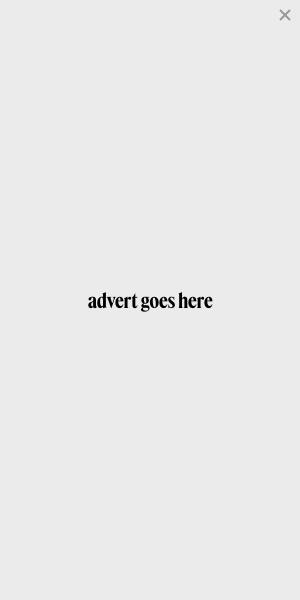

By entering your email address you agree to our Terms and Condition and Privacy Policy and consent to receive emails from T Australia about news, events, offers and partner promotions.
T: The New York Times Style Magazine, and the T logo are trademarks of The New York Times Co., NY, USA, and are used under license by KK Press Pty Ltd trading as T Australia. Content reproduced from T: The New York Times Style Magazine, copyright 2021 The New York Times Co. and/or its contributors, all rights reserved. The views and opinions expressed within T: The New York Times Style Magazine Australia are not necessarily those of The New York Times Company or those of its contributors.